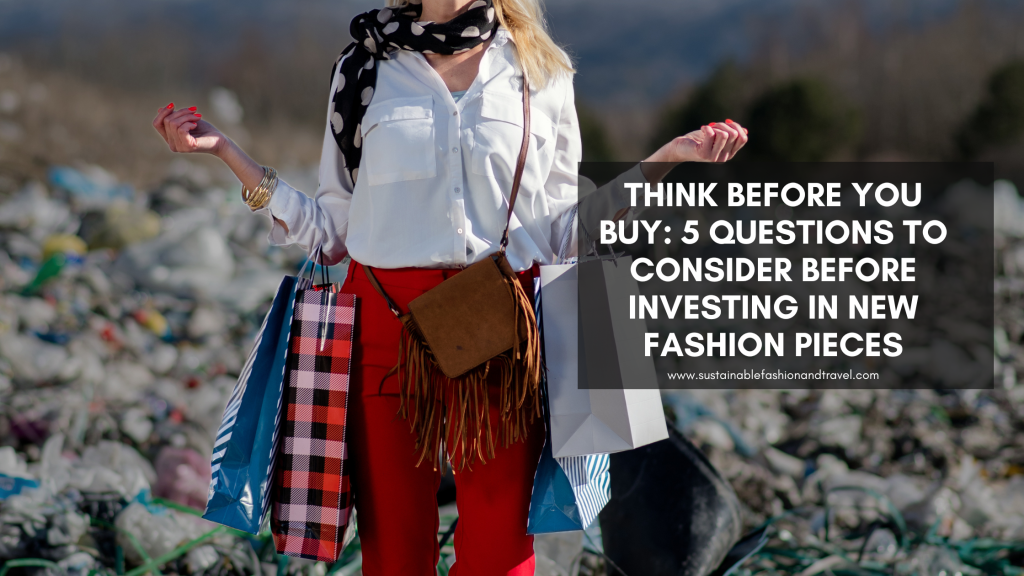10/12/2022 note: This article originally appeared on the now-defunct Kalista Edit. At some point I wasn’t aware of, both the site and my article vanished. I’ve edited this lightly and am republishing it here because, well, I wrote it, and there will always be someone who could use it.
Welcome back!
In the first part of this series, we talked about some common assumptions and misconceptions that can lead us to ask skincare questions that other people can’t (or shouldn’t try to) answer. Theory isn’t as helpful as practice, though. So to help you figure out how you can reframe, rephrase, or redirect your questions for better results, here are some of the most common problematic skincare questions and how to fix them!
Q: “What is the best product for [your skin type, skin concerns, etc.]?”
As discussed in Part 1, there is no way for anyone to give you an absolutely correct answer on what is the best product in any category. No one on earth can be familiar with every single skincare product on the market. Even if someone was, there is no objective “best” product of any kind.
If you want to get someone’s opinion on the best products, reframe your questions to take their personal experience into account. “What is the best product” is one of my least favorite reader questions. “What is the best [product type] you’ve tried?” is one of my most favorite, and far easier to answer.
Q. “Is this product good for [your skin type/concerns/etc.]”?
Before asking a question like this, find out whether the person you’re asking even shares your skin type or concerns. I get an alarmingly high volume of questions regarding acne of all types as well as body hyperpigmentation. These are two issues that I have never struggled with or claimed to struggle with. Because those are not my personal concerns, my knowledge is limited to very basic, generic answers.
On the other hand, readers who ask me about visible skin aging or about products for tretinoin-induced dryness end up getting fantastically detailed answers. Those are topics I have intimate experience with.
Most people who discuss skincare have shared their skin type and concerns somewhere on their content platforms. Take a moment to see if you can find that information. If it turns out the person you meant to ask doesn’t share your skin concerns, you’ll help yourself more in the long run by finding someone who does. The person you originally planned to ask may even point you in the right direction!
Q. “What do you think about this product [that the creator hasn’t tried]?”
There are times when questions about various products make up the majority of requests in my, and other content creators’, inboxes. Sometimes it’s because a brand is releasing an exciting new product. At other times, it’s because some existing product has gone viral. Sometimes it’s just because there’s a ripple of new product curiosity in the collective unconsciousness.
No matter why you’re asking, take a moment to see whether the product is even something the creator has used. Scroll through their previous posts. Use the search feature on their blogs. If they have used the product before, you can often find their thoughts that way. If they haven’t, you can at least get an idea of whether it’s something they care about. For example, a cursory glance at my blog or Instagram can probably tell you I’m not interested in heavily perfumed fashion house skincare lines, so I won’t have much to say about them.
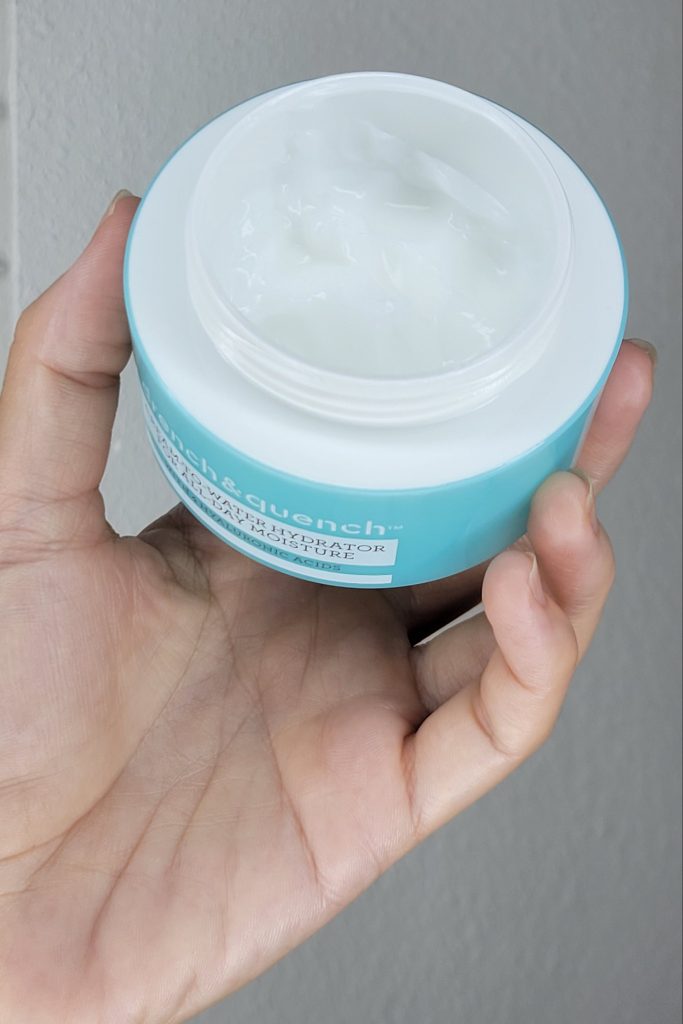
If the product you’re curious about hasn’t been released yet or the person you’re asking hasn’t used it, feel free to ask away and send an ingredients list, but be aware that there’s really not that much anyone can tell from INCI alone. We might be able to say whether we’d personally be interested in the product. We may be able to give an opinion on the effects it could have, based on ingredients, and maybe even how effective it might be, based on the published concentrations of those ingredients. But no one can accurately predict if a product is going to be good for your skin, or pleasant to use, or worth the effort, just by looking at its formula on paper.
Asking for skincare advice: Skincare routine recommendations
Q: “Can you give me a routine for [your skin type/concerns/etc.]?”
This question is at the top of so many skincare content creators’ pet peeves lists.
Asking anyone to provide you with the blueprint for an entire personalized skincare routine all at once is asking for trouble. The longer someone has been in the skincare community and the more work they’ve put in to assembling their own routine and reviewing products and giving advice for others’ benefit, the more labor and risk this question represents.
The prefab skincare routine is a marketing invention. Every single person’s optimal skincare routine is different. The only way to find the routine that works for you is trial and error, ideally one product at a time. There is no way to shortcut this. No one else can do the work but you. If someone were to actually try (I have), it would take hours of research, communication, and experimentation. It’s far too much to ask of someone providing advice for free. In fact, I don’t really approve of people providing this kind of advice for a fee, either.
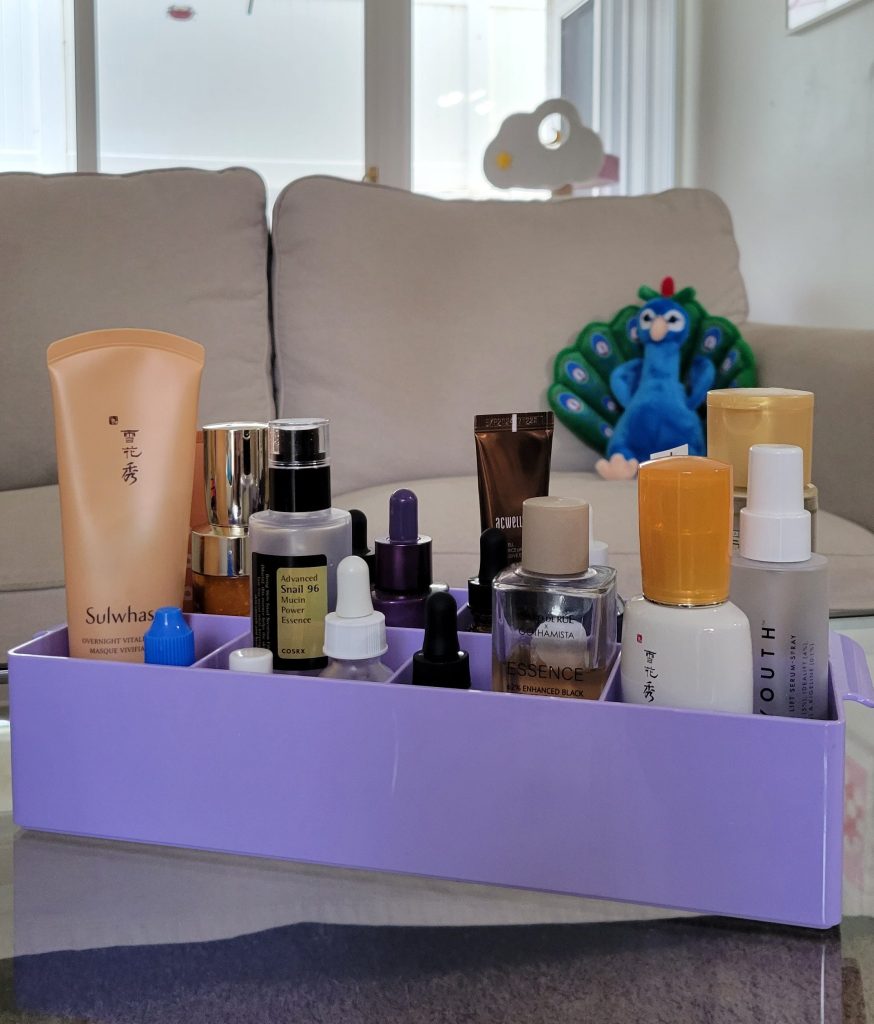
It’s also extremely risky to start an entire new routine all at once. If even one of the products doesn’t agree with your skin, you will have no idea which one and will have to scrap the whole thing and start over.
If you need help assembling your skincare routine, it’s better to share your current routine and ask, “What would you suggest I change in my routine first?”, “What would you suggest I add to my routine?”, or other similar questions that focus on changing one thing at a time. This is still a request for a lot of labor, so keep that in mind. The busier the content creator, the less time and energy they’ll have to spare for questions like this. Routine questions often fit better in skincare communities, where peers and enthusiasts can provide group feedback.
Q. “Can you tell me which product is breaking me out?”
Probably not. Every person’s acne triggers may be different. Someone could, if they had the time and inclination, look at the ingredients lists of the products you’re using and let you know if they contain any ingredients known to be more comedogenic, but as with the skincare routine question above, that’s a lot of labor. Online tools like CosDNA can give you the same information instantly. In most cases, however, you’ll have to figure out your triggers by removing products from your routine one at a time until your breakouts subside, then work to figure out the specific problem ingredients based on that information. If you really want to ask someone this question, consider framing it as a question about their personal experience with a product: “Did you find that any of these products broke you out?”
- “Where do I buy this product/can I buy this product in my country?”
Google, or your country’s equivalent, is a much easier and more reliable way to find product availability than asking a content creator or community of enthusiasts. If your concern is more about vendor trustworthiness than general availability, reframe your question as “Do you know if [seller] is reliable?” or something like that.
Q. “How much is this product?”
This is another question best suited for search engines. If you’ve already searched for the product and your question is based on concerns about a significant variance in prices between different vendors, I would suggest you ask, “What would you consider a reasonable price for this product?” instead. Prices are variable. Not just between regions, but between different vendors and often between vendors and official brand sites as well.
Q. “Do you know where my order is?”, “Do you know if [brand or vendor] ships to my country?”, or any other purchasing or shipping questions
These are questions that need to be directed to the brand or vendor in question, not to a content creator, no matter how good of a relationship the creator appears to have with the brand or vendor. Content creators are not employees. They can’t tell you why your order is taking a long time to process or which countries a seller accepts orders to.
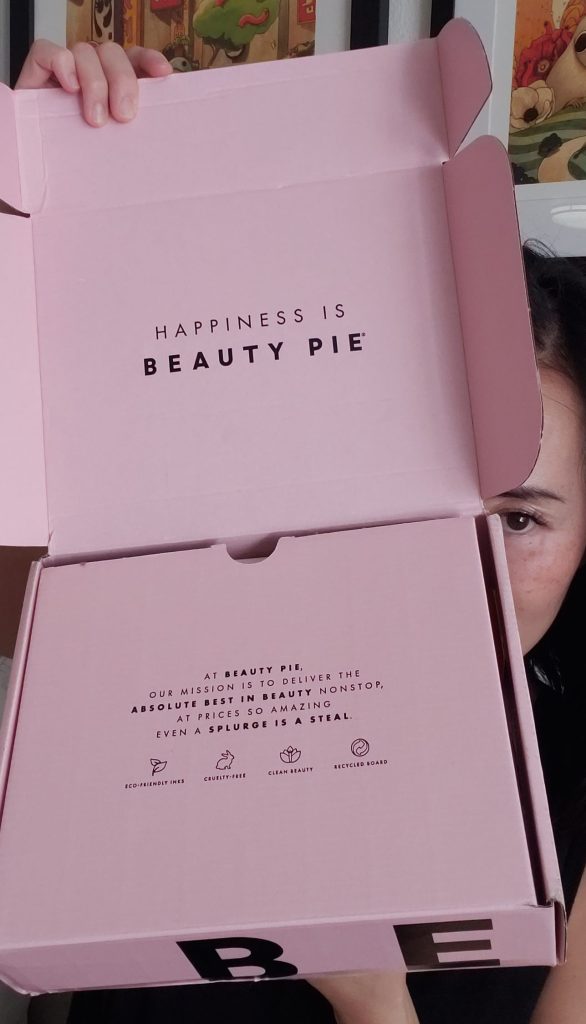
Q. “Is this safe for use during pregnancy/breastfeeding?” or any other medical questions
These questions absolutely must be directed to your doctor or other medical professional (and not one that you only know because you follow them on social media). No one should be answering any personal medical questions unless they’re a part of your medical team. Even dermatologists with social media presences will decline to consult on your medical questions for free over the Internet. The liability is too great.
Every content creator gets requests for advice from strangers. It’s part of the experience. Many of us enjoy responding when we can. What many of us don’t enjoy is a pile of questions hurled at us with no greeting or prior interaction or sense that the person asking the question realizes we’re also people.
Demands for skincare advice often show up as comments on content completely unrelated to the question. People ask questions without bothering to say hello or give any indication that they are aware of or appreciate our work beforehand. It often feels like people copy and paste the same question to every skincare guru they can think of. (Some of us have compared notes and found this to be true.) Sometimes people start messaging or commenting reminders and demands for answers if we don’t respond right away.
Rudeness is unlikely to net anyone a really thoughtful answer. It doesn’t hurt to say hello before asking a question. It doesn’t hurt to ask the question on a piece of content that’s actually relevant to it. It definitely doesn’t hurt to show that you understand that you’re asking a question of a real person, rather than shouting demands at an omnipotent skincare AI.
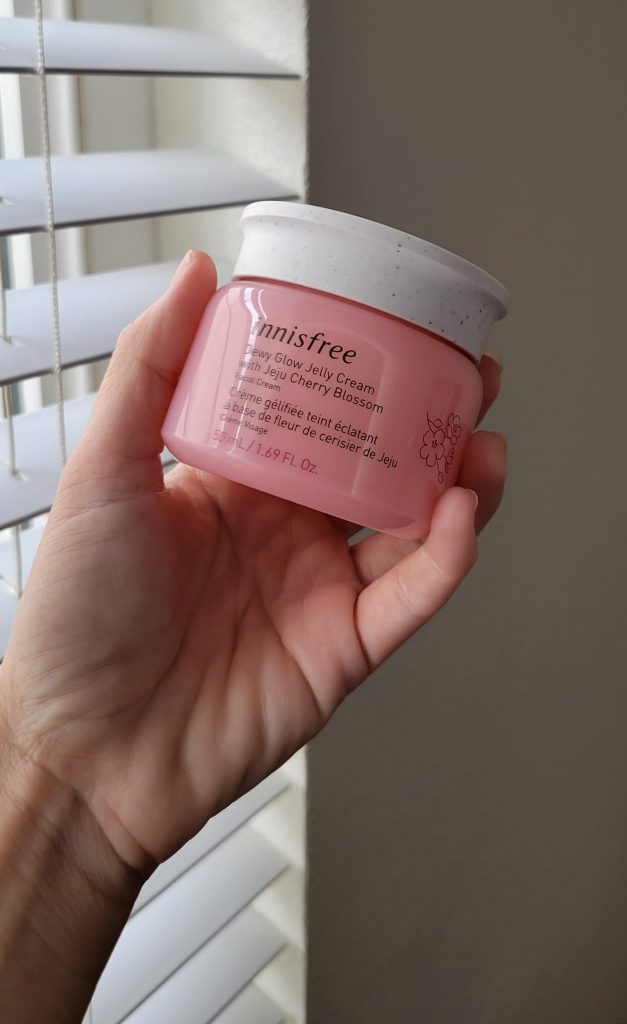
At its core, courtesy matters because it’s an acknowledgement of the other person’s humanity. When we’re in a store and approach an employee for help, we greet them first. (If you don’t: you should.) When we want to ask our server for another drink or the dessert menu at a restaurant, we ask them politely rather than snapping our fingers at them (or we should). The same applies to asking for skincare advice online. A little extra thought on your part will greatly increase the chances that the person you’re asking will want to respond.
On behalf of every skincare content creator who’s ever fielded a demand for a free personalized multi-step skincare routine or a question about a product order placed with a company the creator doesn’t work for, thank you for reading!


